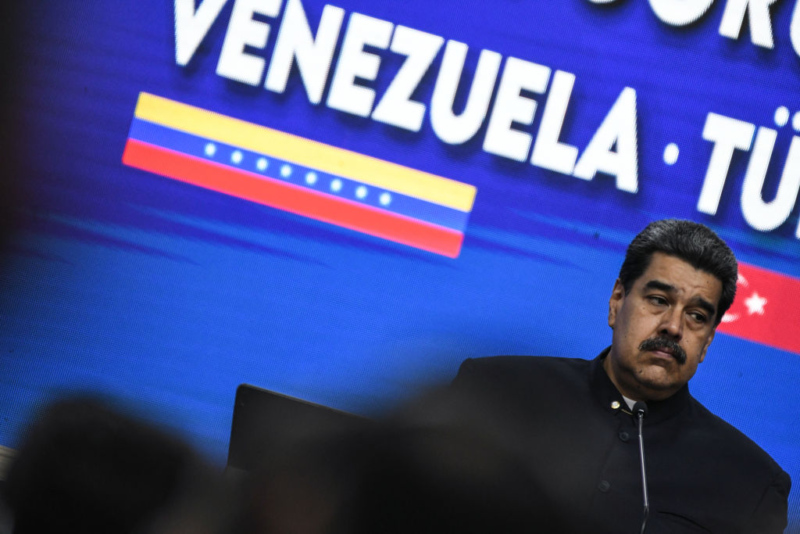The Washington Post & the OAS Secretary General
The OAS needs to be reformed, but the changes need to emerge from accurate analysis of the problems confronting both Latin America and the OAS.
This post is also available in: Español
As Venezuela’s presidential elections, scheduled for 2024, draw closer, the international community’s attention is primarily focused on how to use leverage to ensure minimal electoral conditions. US high-level officials have publicly said they would ease some of the economic and political sanctions imposed on the country in exchange for meaningful concessions by Nicolas Maduro’s government, and there is clearly an ongoing back channel between US and Venezuelan authorities along these lines. While this discussion is essential, it often overshadows a vital aspect of the conversation—the plan for what comes next. No transition of power is possible without a clear path forward after election day.
The sense of normalization in the country—motivated by factors including a virtually dollarized economy, increasing international recognition of Maduro’s government and the diminishing visibility of human rights abuses and the dire domestic humanitarian situation in global media—has made engagement with those in power the only game in town. It’s important to note, though, that it is far from normal for a country to be grappling with 400 percent inflation, targeted repression, a pressing need for millions of dollars in humanitarian aid, and one of the largest exodus crises in the world.
Nonetheless, engagement is not necessarily wrong. It is critical to talk to all parties. The question is how to ensure this conversation paves the way to transition from the current authoritarian government to something closer to a democratic opening and the eventual reinstitutionalization of this devastated nation. It should not be a tactic to buy time and perpetuate those in power. [...]
The OAS needs to be reformed, but the changes need to emerge from accurate analysis of the problems confronting both Latin America and the OAS.
By all accounts, Spain wants to bring change to the European Union’s Cuba policy. In so doing, it is tackling a foreign policy challenge that often sheds more heat than light.
Although politics has cyclical features, and ideology is sometimes a factor in choices made by Latin American voters, the left-right labels obscure more than they illuminate.
 Carlos Becerra / Getty Images
Carlos Becerra / Getty Images